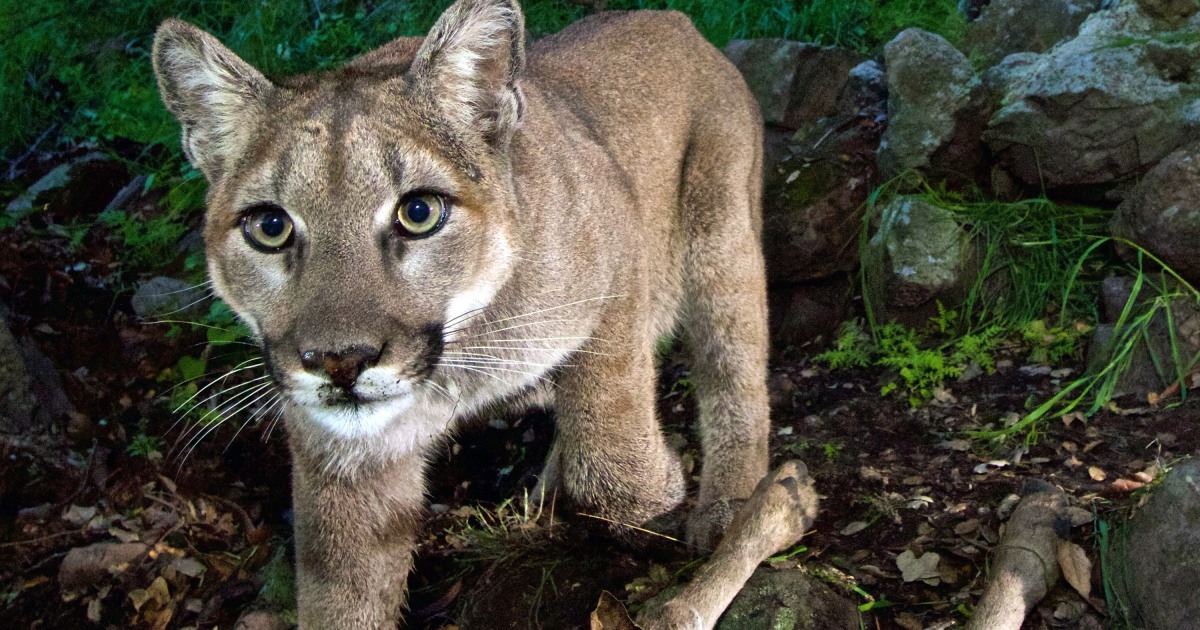Recently, a terrifying encounter took place in Colorado when a mountain lion attacked a trail runner. The runner managed to defend himself and ultimately killed the mountain lion in self-defense. This incident has sparked a conversation about wildlife encounters and safety measures in mountainous regions.
The incident occurred on a remote trail in the foothills of the Rocky Mountains. The trail runner, who has chosen to remain anonymous, was out for a run when he suddenly found himself face to face with a mountain lion. The animal lunged at him, prompting the runner to fight back in order to protect himself.
Mountain lion attacks on humans are rare, but they can be deadly. These powerful predators are known to be territorial and may attack if they feel threatened or cornered. In this case, the runner’s quick thinking and ability to defend himself likely saved his life.
The runner sustained minor injuries in the attack but was able to make his way to safety and notify authorities. Wildlife officials later located the deceased mountain lion and conducted an investigation into the incident. It was determined that the runner had acted in self-defense and would not face any charges for killing the animal.
While this incident was certainly frightening, it serves as a reminder of the importance of being prepared and aware when exploring the wilderness. Mountain lions, along with other wildlife, are a natural part of the ecosystem in Colorado and should be respected from a safe distance. It is essential for outdoor enthusiasts to be educated on how to handle encounters with wildlife and to always prioritize their own safety.
In conclusion, the story of the Colorado mountain lion killed by a runner highlights the dangers and risks associated with exploring the great outdoors. While rare, wildlife encounters can happen, and it is crucial to be prepared and know how to react in such situations. By staying informed and practicing caution, we can help ensure that both humans and animals can coexist peacefully in the wilderness.
